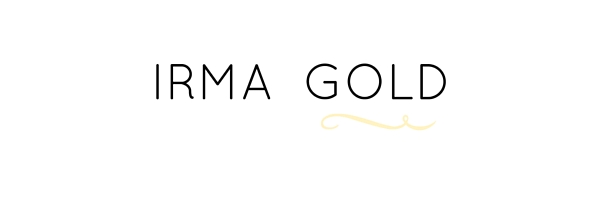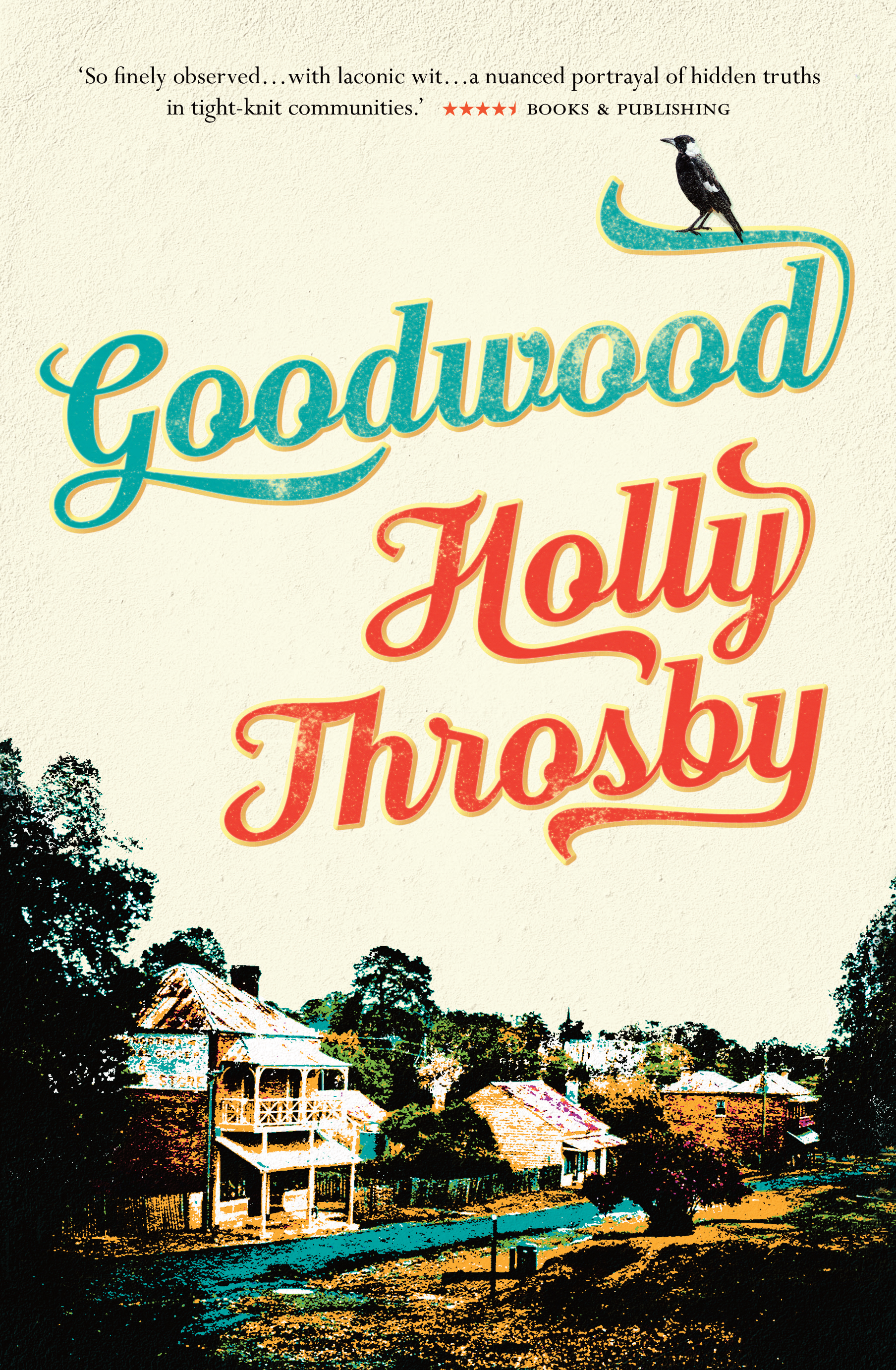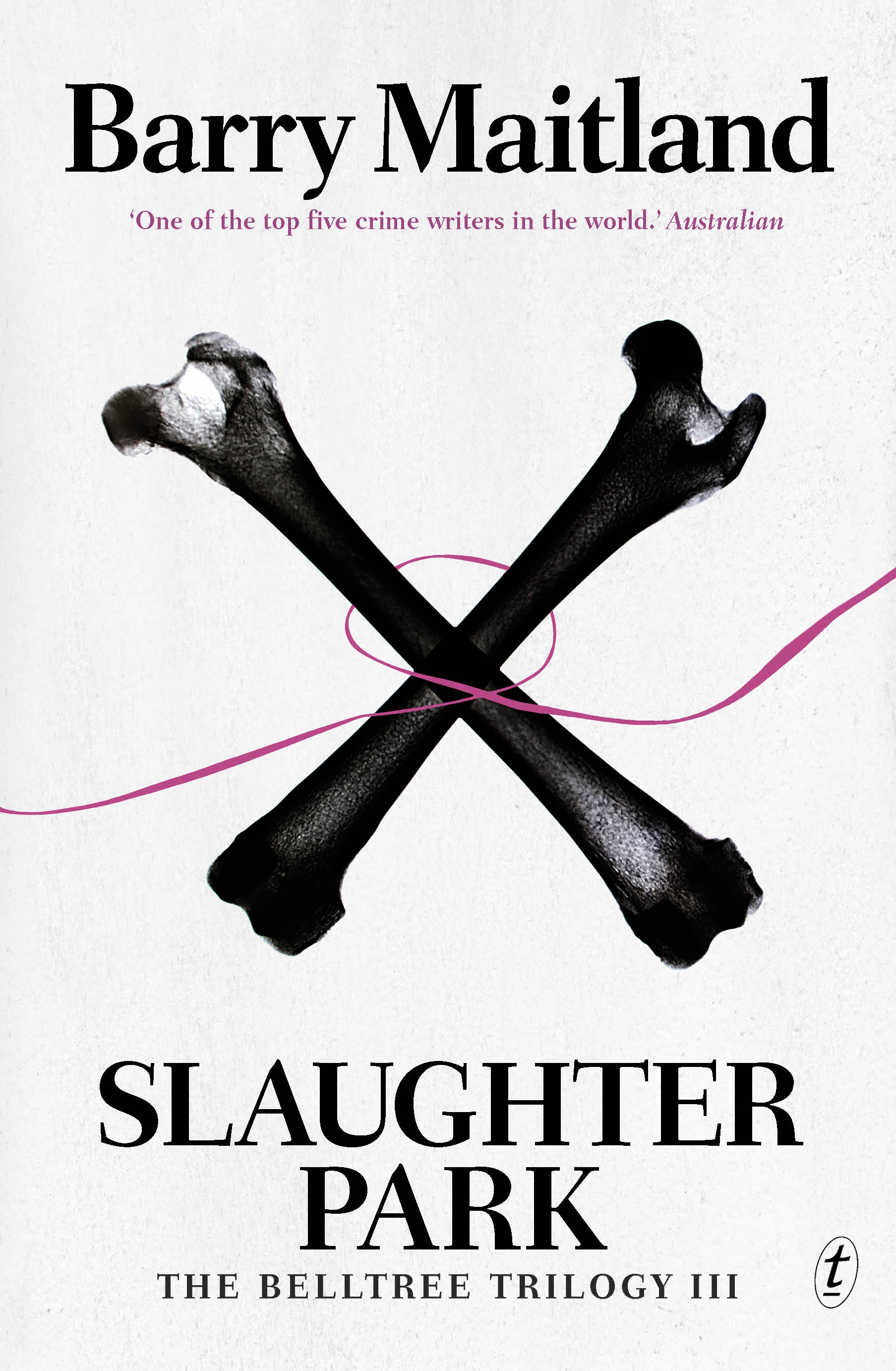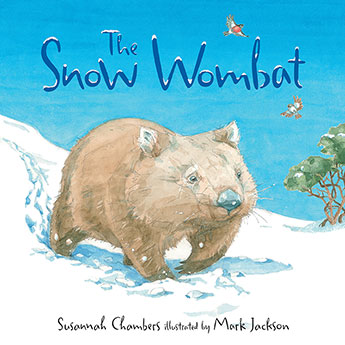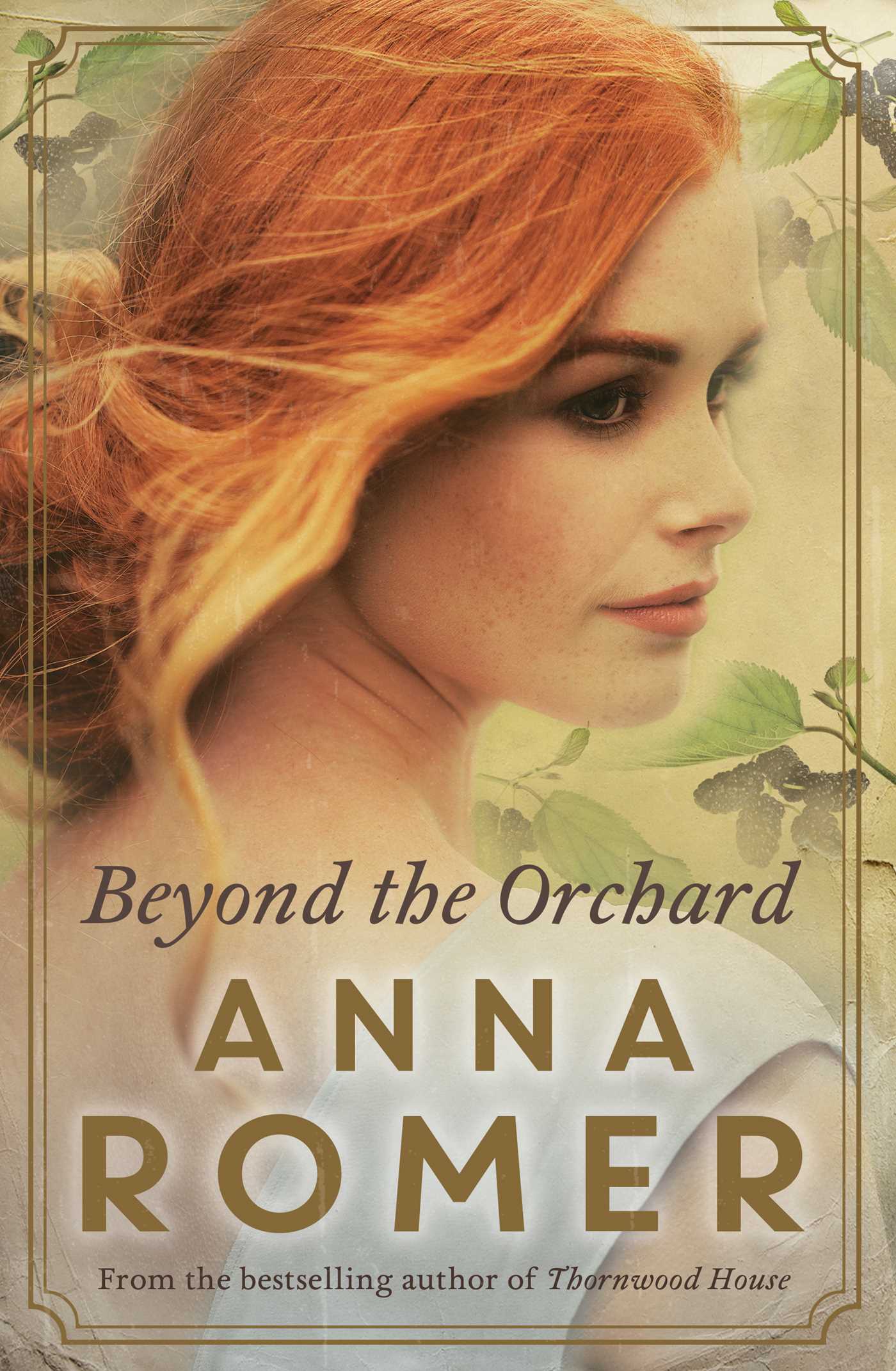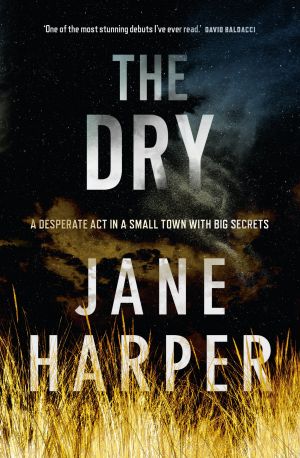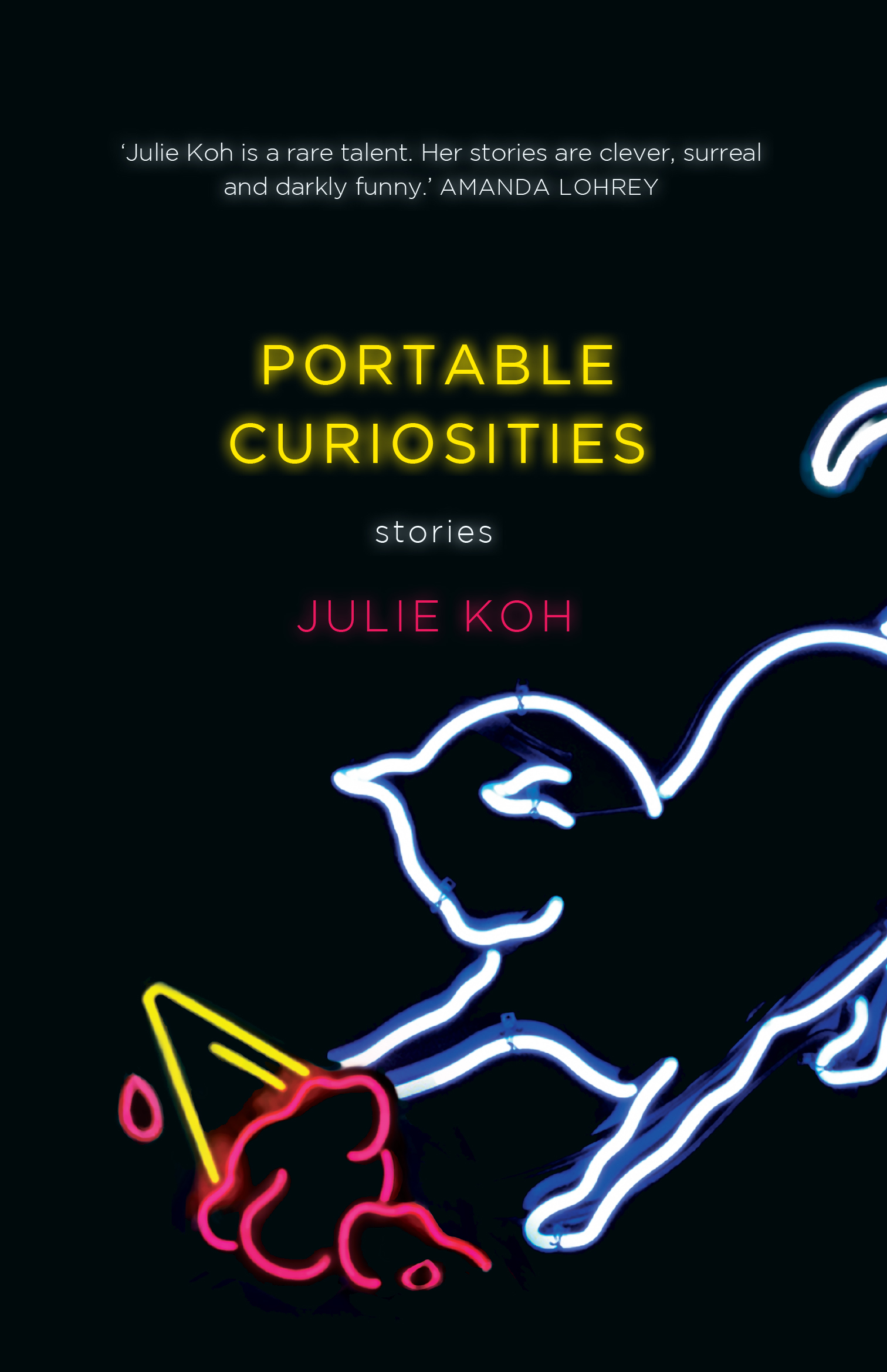Wanting to be a writer and not wanting to be rejected is like wanting to be a boxer and not wanting to get punched.
David Barr Kirtley speaks the truth. Successful writers are those who have been knocked out and got back up, over and over again. In spite of that, writers are notorious for focusing on their failures, not their achievements. So I asked three successful writers — Eleanor Limprecht, Annabel Smith and Natasha Lester — to reflect on both their most biting rejections and their most affirming successes.
Eleanor Limprecht
My first was my worst rejection. The first book I wrote (Mothwings — it even sounds like a first manuscript) never found a publisher despite years of hard slog writing and rewriting it. I even had an agent representing it. Publishers said it was ‘too quiet’, ‘didn’t go far enough’ and that ‘the characters are lovely but nothing really happens’. That was the hardest rejection to take, because I felt like I would never be published. Like I’d wasted years of my life. Like I would never be a real writer.
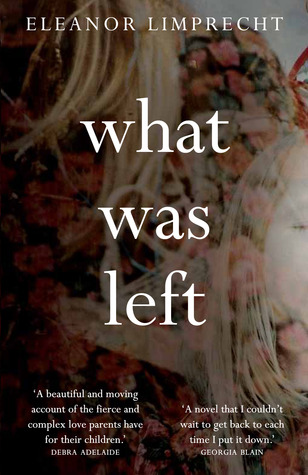 The way I responded was by writing something new, an idea which had been in the back of my mind, about a mother with postnatal depression who leaves her baby. Giving up on the first book and giving myself permission to write the next was like clearing a clogged drain. This book became What Was Left, and was published in 2013 with Sleepers Publishing. It is a novel which still means so much to me. I have gone back every few years and revisited Mothwings, but I think it belongs in the drawer now. It was really difficult to let go of at first, though. I still think of the characters sometimes, but I learned so much about writing from them. Like how to create momentum and tension rather than just characters in a room, talking.
The way I responded was by writing something new, an idea which had been in the back of my mind, about a mother with postnatal depression who leaves her baby. Giving up on the first book and giving myself permission to write the next was like clearing a clogged drain. This book became What Was Left, and was published in 2013 with Sleepers Publishing. It is a novel which still means so much to me. I have gone back every few years and revisited Mothwings, but I think it belongs in the drawer now. It was really difficult to let go of at first, though. I still think of the characters sometimes, but I learned so much about writing from them. Like how to create momentum and tension rather than just characters in a room, talking.
Since then I’ve had ego-shattering rejection again, of course. I think that the writers you see published aren’t the lucky ones, but the ones who get back up after being knocked down time and again. And since then I’ve had bad reviews. My latest novel, The Passengers had a shocking anonymous review in The Saturday Paper. So I hear, I’ve never read it and I don’t plan to. If a reviewer does not have the guts to put their name on a review, it is not worth reading. Jeff Sparrow said this succinctly in Overland: ‘If you expect an author to suck up your assessment of their book, you should at least be exposing yourself to equivalent scrutiny.’
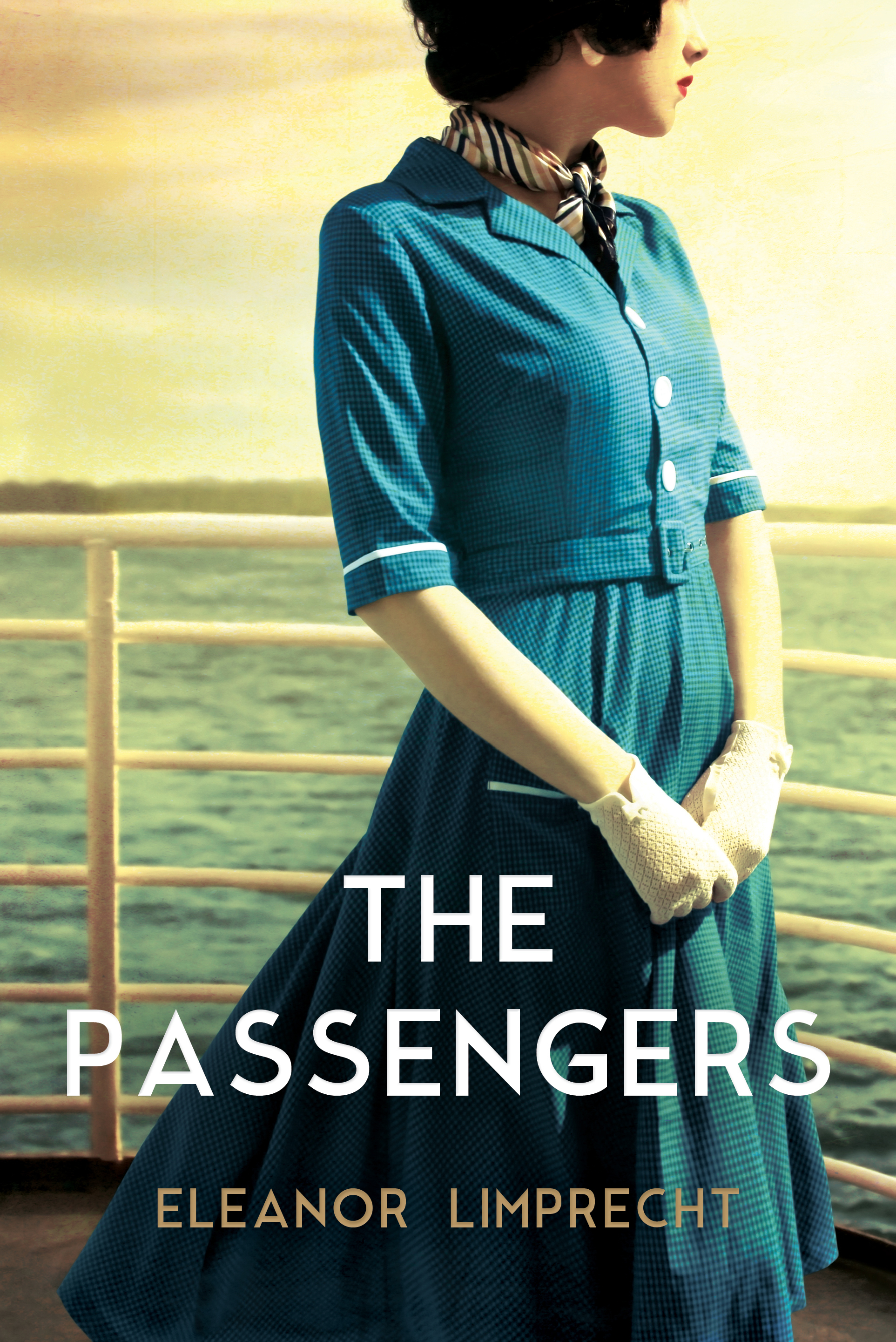 I’ve also learned to not read Goodreads reviews and to look inward rather than outward for my confidence. Easier said than done, of course. But even though kudos are lovely to receive, the best feeling is watching the word count creep up and seeing the story take shape. The best feeling is putting words on a page.
I’ve also learned to not read Goodreads reviews and to look inward rather than outward for my confidence. Easier said than done, of course. But even though kudos are lovely to receive, the best feeling is watching the word count creep up and seeing the story take shape. The best feeling is putting words on a page.
When I think of my most affirming experiences as a writer, I think of two. One was the Chancellor’s Research Scholarship I received to do my Doctorate of Creative Arts for my novel Long Bay at UTS, and the other was the Australia Council grant I received to write my most recent novel, The Passengers. Both were affirming because I felt as though they were formal investments in my work, in my career, without being tied to commercial outcomes or pressure. They gave me the time to research and write both novels and they gave me the sense that there were people I respected who think I am capable of doing those things. And then there’s the actual money. That’s nice too.
Eleanor Limprecht is the author of three novels: The Passengers, Long Bay and What Was Left. She teaches writing as a sessional academic at UTS, writes short fiction and blogs occasionally about subjects like self-doubt at www.eleanorlimprecht.com/blog/
Annabel Smith
When I finished my first novel, A New Map of the Universe, I entered it in the Vogel award. Though I wasn’t shortlisted for the award, Allen & Unwin wrote to ask if they could consider it for publication. I mistakenly assumed that if they were asking to consider it, they must already know they liked it, so it would be a shoo-in. Needless to say, my assumption was way off. But this was before social media, so at that stage I hadn’t yet read 2000 articles about how difficult it was to get published so I had the bombastic overconfidence of the blissfully naive. Several months later they wrote to tell me they didn’t think it was quite ready for publication and enclosed a three-page report with suggested changes. After  reading the letter I sobbed uncontrollably, lying on the floor, until my face was red and my eyes were puffy. In hindsight, I know that this is an incredibly favourable response from a publisher. But it was my first experience of rejection and it felt utterly devastating.
reading the letter I sobbed uncontrollably, lying on the floor, until my face was red and my eyes were puffy. In hindsight, I know that this is an incredibly favourable response from a publisher. But it was my first experience of rejection and it felt utterly devastating.
My second novel, Whisky Charlie Foxtrot, is about twin brothers who become estranged and then Whisky has a life-threatening accident, leaving Charlie to contemplate the part he’s played in the breakdown of their relationship. After the book came out in the US, I had an email from a man telling me he had been estranged from his brother for many years and had given up trying to mend their relationship. After reading my book he said he was going to give it one last try. Several months later, he wrote to tell me that he and his brother and their families had spent Christmas together for the first time in more than a decade. Positive feedback from readers is always a treat to receive, but to think that your book has changed someone’s life in a profound way is truly a wonderful feeling.
Annabel Smith is the author of The Ark, Whisky Charlie Foxtrot and A New Map of the Universe, which was shortlisted for the West Australian Premier’s Book Awards. Whiskey Charlie Foxtrot, published in the US as Whiskey & Charlie, has sold in excess of 70,000 copies. In 2012, Annabel was selected by the Australia Council as one of five inaugural recipients of a Creative Australia Fellowship for Emerging Artists, for her interactive digital novel/app, The Ark. She holds a PhD in Creative Writing from Edith Cowan University. Visit her at annabelsmith.com
Natasha Lester
Ah, rejection. The thing that makes us better, stronger, and more resilient, right? The internet is awash with pretty quotes that tell us why rejection is good for us but, in the moment of failure, it’s hard to find reassurance in upbeat aphorisms.
When faced with the most difficult rejection in my writing life, I honestly thought it was over; I would never publish a book again. But it turned out that the prevailing wisdom about rejection and failure is right; being rejected was the best thing that ever happened to me.
My first two books were contemporary/literary fiction, with the first written as part of a Masters in Creative Writing it was the type of book I was expected to write in a university environment at that time. My second book was similar.
Then I wrote what I thought would be my third book, similar again to the first two. I hated writing it. I couldn’t get the voice right. The idea just wouldn’t become a story. I reached the end and knew it wasn’t working, but I didn’t know why or how to fix it. More than that, I didn’t want to fix it. So I rejected myself. I threw the entire book in the bin. My then-agent, rightly, concurred that I’d made the correct decision.
I honestly couldn’t imagine what I would do next. I was terrified to write another book because what if it turned out the same as the one I’d trashed? To make myself feel better, I took every book off my shelf that was a favourite and, for an entire month, I read. It was a wonderful month, full of inspiring sentences and marvellous stories and characters I could never forget. At the end of the month I asked myself why I liked those books. And I realised that what I liked about them was very different to the kinds of books I had been writing.
It made me think: what if I wrote a book I wanted to write, rather than a book I thought I should write?
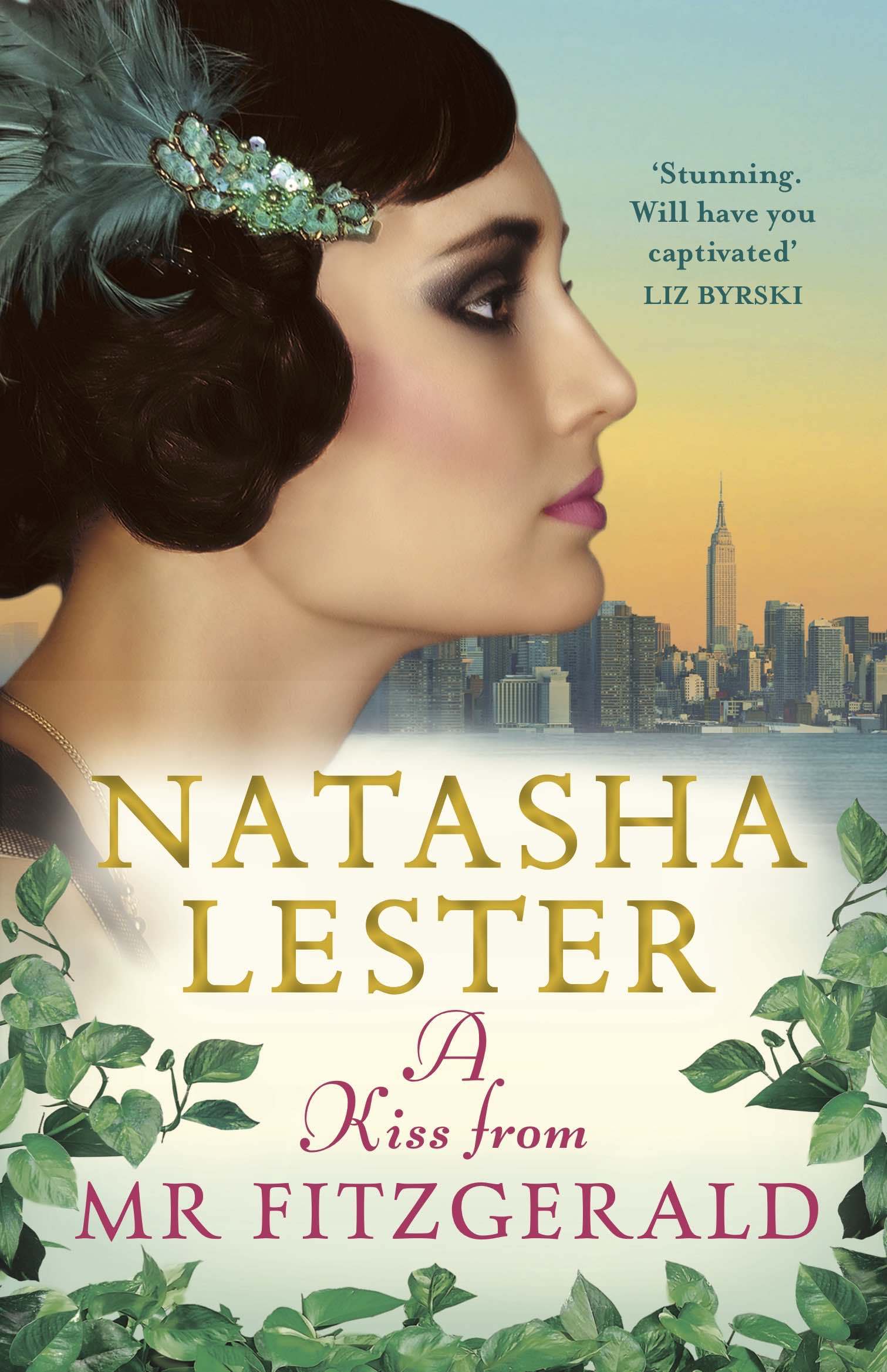 I sat down at my computer and let myself play with an idea that had been sitting in my head, and which I’d rejected because it was nothing like the books I’d written before. But now I had nothing to lose.
I sat down at my computer and let myself play with an idea that had been sitting in my head, and which I’d rejected because it was nothing like the books I’d written before. But now I had nothing to lose.
I loved every minute of writing that idea into a story. It became my first historical novel, A Kiss from Mr Fitzgerald, the book that kicked off my writing career. So I owe my rejected book a great big thank you for setting me on the right path.
This ties into my most affirming experience as a writer. The whole time I was writing A Kiss from Mr Fitzgerald, I was terrified. I was changing genres, which would mean changing agents — if anyone else would have me — and also changing publishers — again, if anyone would have me. What if that was too many things to change at once? What if I couldn’t get a new agent or publisher and had to bin yet another book?
It was lucky I loved writing the book so much because the pressure of doubt might otherwise have made me give up. When it was finished, I sent it to an agent. She loved it, and took me on. When she submitted it to publishers, we received three offers. I could choose who I wanted to work with, which was a most unexpected outcome!
It was the most affirming experience I’ve ever had because it told me to trust my gut and that, if I wrote what I loved, it would find a home. It made me believe that throwing away the previous book had been the right thing to do, that I had learned the right lessons from that process, that I had become a better writer, and that I was definitely stronger and more resilient than ever. And, let’s face it, you need both strength and resilience to survive in the world of writing!
Natasha Lester is the author of the bestselling historical novels The Paris Seamstress (2018), Her Mother’s Secret (2017) and A Kiss from Mr Fitzgerald (2016). She is also published in America and Europe. The Age newspaper has described her as ‘a remarkable Australian talent’.
This month I have a Natasha Lester book pack to give away — A Kiss from Mr Fitzgerald and The Paris Seamstress. If you’d like to get your hands on these fabulous books, simply sign up to my monthly newsletter (sign-up box on this page) before before 5 pm on Monday 8 October to go in the draw.
